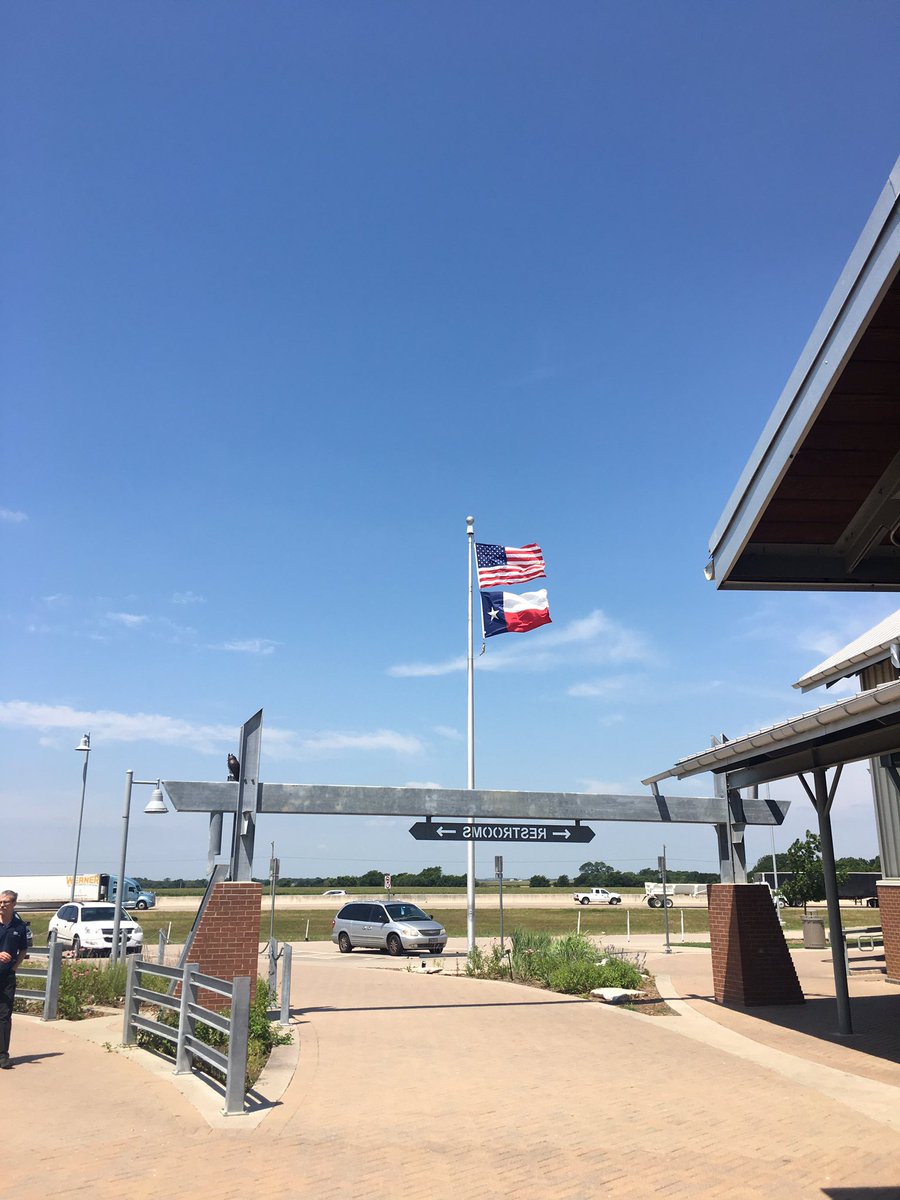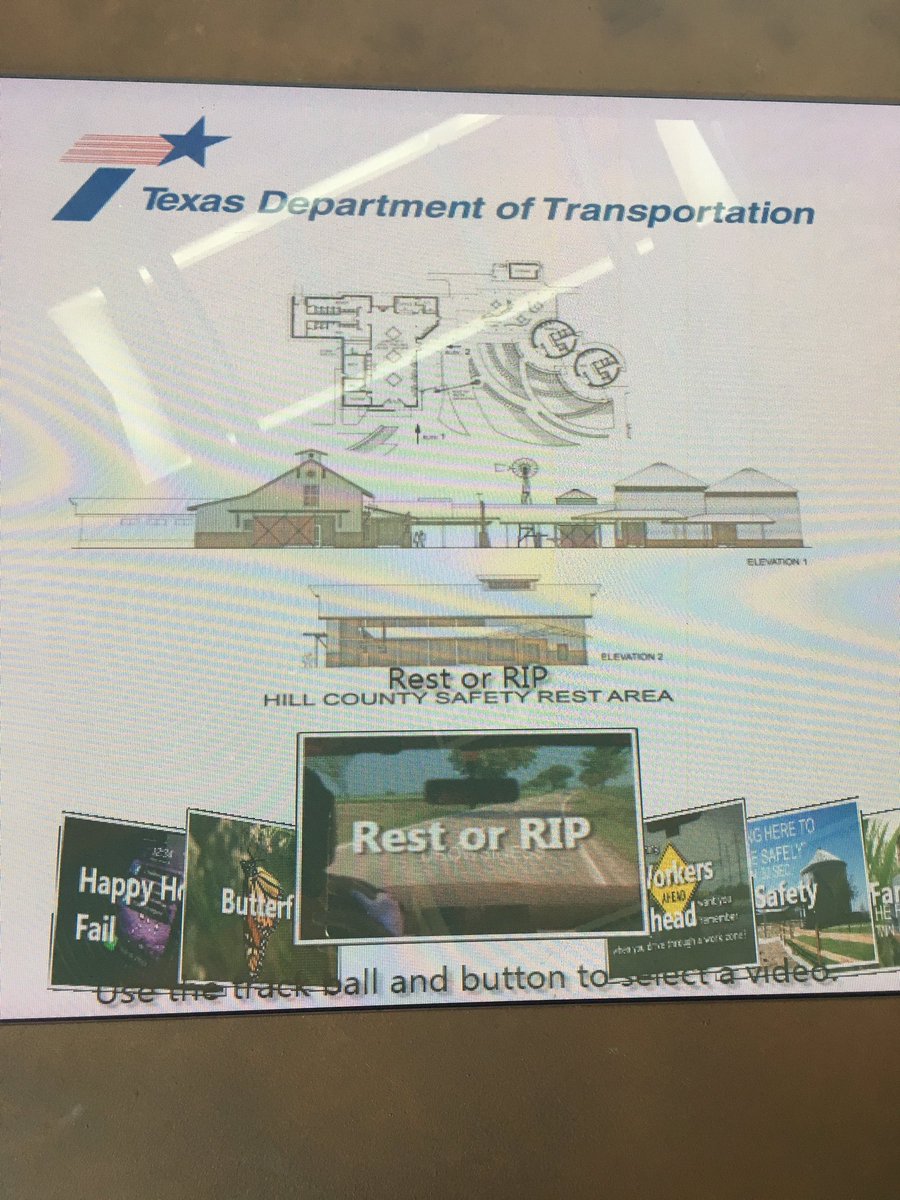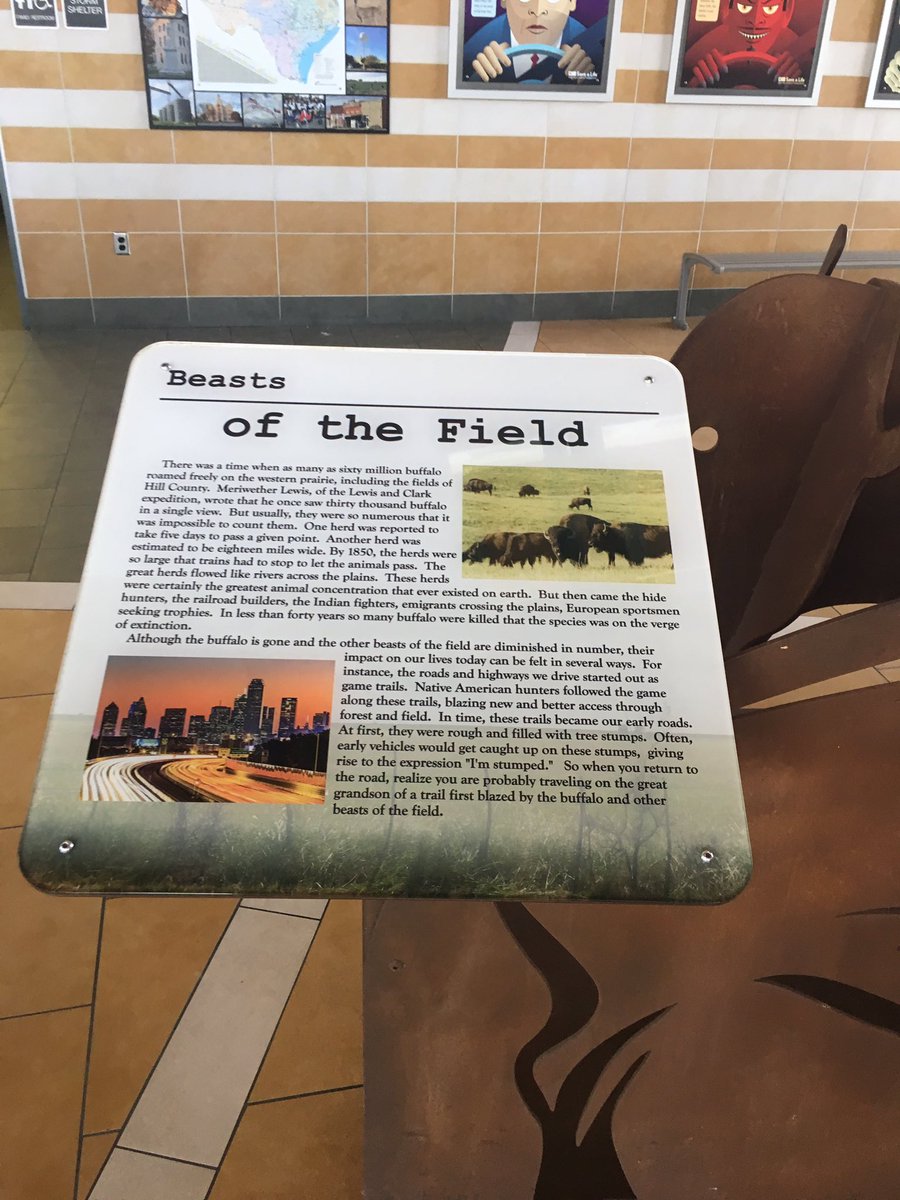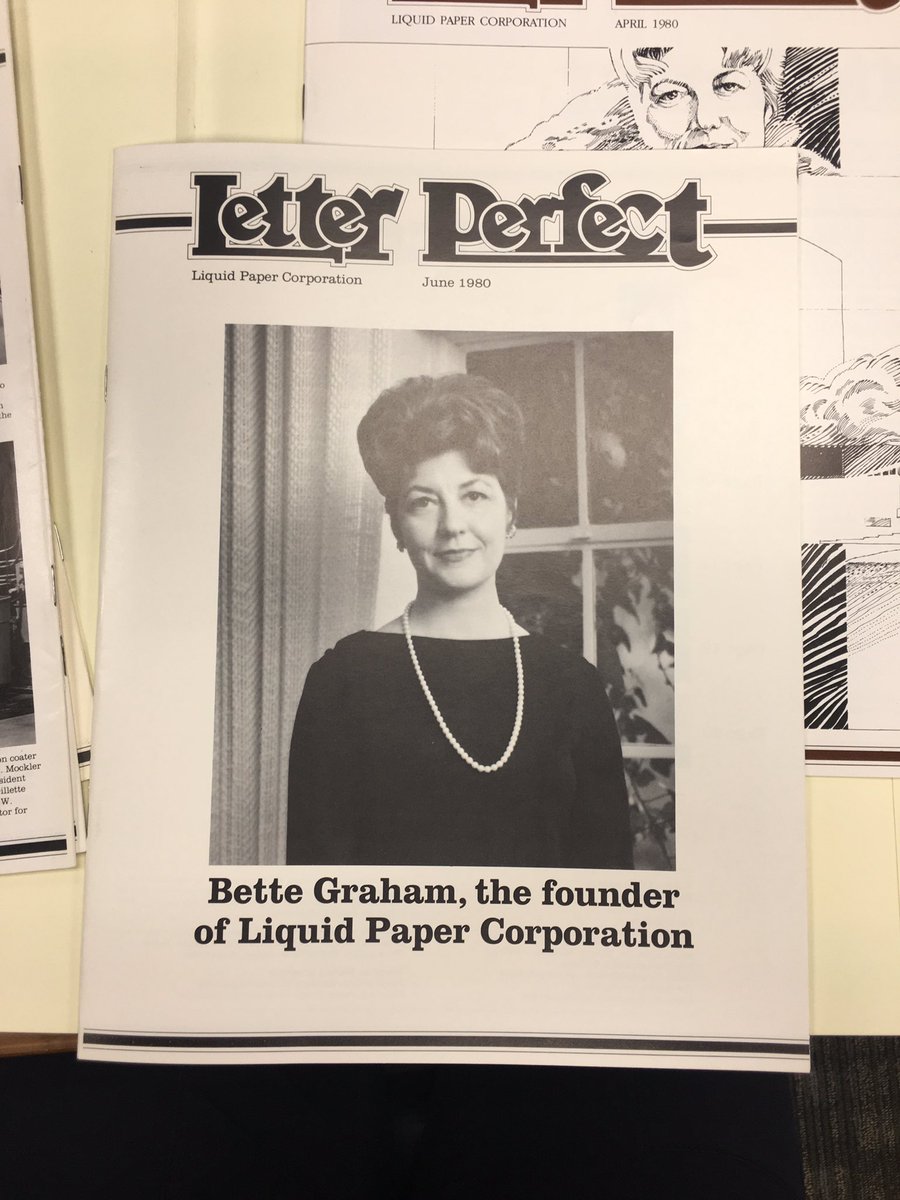B-Cycle has 300 bikes
15,000 yearly users
100,000 rides annually
(45,000 CU rides in 2019 of 106,000 rides total)
Nearly half of users take B-Cycle to public transit
35% replace car trips
The city has contributed $375,000 from 2011-2015 (grants or direct purchase)
$466,500 in ops/maintenance since 2011
B-Cycle has received additional $773,000 from fed, state grants
With the extra $80K in 2019, that subsidy was $1.45 per ride.
And do they have to be smart, too, or just kinda pretty? I mean, not that the two are mutually exclusive. I'm exhibit a right here.
And it was *COLD* in Oct/Nov. Good on ya, B-Cyclers
Supports additional funding for TAB.
Chris Hagelin is serving as interim manager. (Not sure what happened to Kathleen Bracke...? She was the GO Boulder manager.)
Kemp: $185,000 is for ops/maintenance. The rest (~$90K) is for revamp and e-bikes. We could buy or lease.
Kemp: It's all public and none of it is sold.
Kemp: We'll follow up and get specifics.
Kemp: Not that we've seen.
Class 1: Pedal assist (Kemp: "You only get the juice when you pedal")
Class 2: Pedal assist but also a little throttle
Those two go up to 20mph
Class 3: Can have either but go up to 28 mph
Any shared e-bikes, city could regulate the speed from 12-20 mph. (Speed on our multi-use paths is 15 mph, I believe)
Kemp: We moved under-performing stations to CU.
Kemp: We think it's due to the weather, particularly a rainy spring
Friend: CU's went up.
Kemp: At the end of 2019, not in the spring.
Weaver jumps in: 43% are CU, by my math.
CU trips last year: 45,000
CU made its offer based on its % of rides, staff says.
Yates: How much negotiating went into that?
Kemp (I think): They said they would increase their funding if ridership increases.
Kemp: We don't know that know, if we would own or lease. "It's part of our plan to work that out."
Bigger cities are doing well. Smaller, midsize cities are struggling bc it costs more to buy and run. But you have a mix of success stories.
Yes, guy says. We've moved stations to denser parts of the city. "I do think that would be wise to do."
Kemp: Our intention, if we bought them, would be to retain ownership should the nonprofit close its doors. Then we could find another operator.
"This has not come before TAB; this is happening very quickly. I heard about it tonight in a meeting."
Feb. 10
Larger programs really drive use, Crouse says: Bulk purchases of passes by employers.
Crouse: Denver is giving half of fleet to local nonprofit; they're being repurposed. Most of our bikes are in great, rideable condition even though some of them are 4,000 miles into their life.
E-bikes purchased for B-cycle would use same stations, yes, he said. Other vendors, would not.
Crouse: We're not looking to own e-bikes. We'd love to do a demo or lease them. Most of our costs are operating.
No more than $30,000-$35,000 toward purchasing.
Can e-scooters and e-bikes coexist?
Absolutely, Kemp says.
Friend either. Brockett agrees.
@threadreaderapp please unroll. I'll do a new one for e-scooters.













